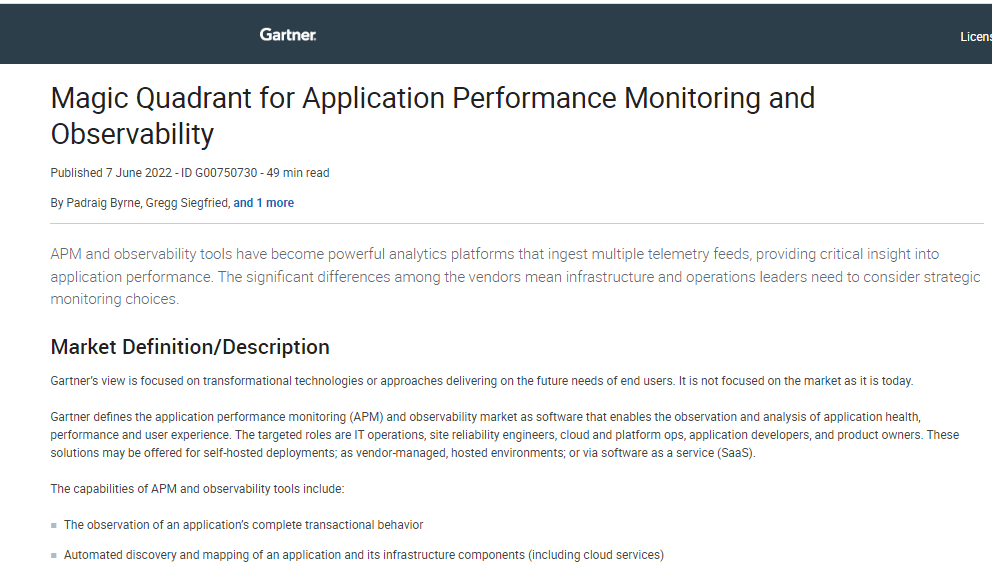Remote employees pose a security risk, says IBM Security
X-Force Red is helping companies improve work-from-home security

Over 80% of workers forced to work from home due to the coronavirus outbreak either never or rarely worked from home before, according to an IBM Security study.
More than half of survey participants have no new security policies for working from home, which has exposed them to security risks and left them worried about potential cyberthreats in their home office.
More than 50% of US employees are working from home, and many will continue to do so through 2020 and into the foreseeable future. As a result, many companies are trying to deal with the security risks involved with remote work.
Many business activities that occurred with protected and monitored office environments have transitioned to less secure home environments. For example, some customer service agents are working with sensitive customer data from insecure home offices.
IBM X-Force Red is expanding its security testing efforts to help organizations design secure frameworks that address security issues with employees working remotely. The practice will examine systems that expose intellectual property, and client and employee data to security risks, including video conferencing, file sharing and other collaborative platforms.
The practice will include conducting remote work adversary simulations, work-from-home application penetration testing and phishing exercises.
"Organizations need to use a risk-based approach with work-from-home models, then reassess and build from the ground up," said Charles Henderson, global partner and head of IBM X-Force Red. "Working from home is going to be a long-lasting reality within many organizations, and the security assumptions we once relied on in our traditional offices may not be enough as our workforce transitions to new, less controlled surroundings."
Get the ITPro daily newsletter
Sign up today and you will receive a free copy of our Future Focus 2025 report - the leading guidance on AI, cybersecurity and other IT challenges as per 700+ senior executives
The IBM Security Work from Home Survey, which was conducted by Morning Consult, collected responses from over 2,000 US employees who were new to working from home. The survey found the following:
- Of employees new to working from home, 93% are confident their companies will keep personally identifiable information (PII) secure. However, 52% are working from personal laptops without new security tools, and 43% haven’t been trained with new security guidelines.
- More than half of those employees haven’t received guidelines on handling highly regulated PII, despite over 42% of them working with PII as part of their duties.
- Over half are not aware of new company policies on handling customer data, managing passwords or other security issues.
- Over 50% of respondents are using their own computers to do business work, while 61% have not received security tools to protect their devices.
- Two-thirds of employees don’t have new password-management guidelines, while 35% are reusing personal passwords for business accounts.
David Gargaro has been providing content writing and copy editing services for more than 20 years. He has worked with companies across numerous industries, including (but not limited to) advertising, publishing, marketing, real estate, finance, insurance, law, automotive, construction, human resources, restoration services, and manufacturing. He has also managed a team of freelancers as the managing editor of a small publishing company.
-
 Rising data breach costs show no signs of slowing down, says IBM
Rising data breach costs show no signs of slowing down, says IBMNews Data breach costs continued to rise, according to IBM, and they’re taking longer to recover from
By Solomon Klappholz
-
 Nearly 70 software vendors sign up to CISA’s cyber resilience program
Nearly 70 software vendors sign up to CISA’s cyber resilience programNews Major software manufacturers pledge to a voluntary framework aimed at boosting cyber resilience of customers across the US
By Solomon Klappholz
-
 IBM: Data governance for data-driven organizations
IBM: Data governance for data-driven organizationswhitepaper Master your data management
By ITPro
-
 KuppingerCole leadership compass report - Unified endpoint management (UEM) 2023
KuppingerCole leadership compass report - Unified endpoint management (UEM) 2023Whitepaper Get an updated overview of vendors and their product offerings in the UEM market.
By ITPro
-
 Definitive guide to ransomware 2023
Definitive guide to ransomware 2023Whitepaper A guide to help rethink your defence against ransomware threats
By ITPro
-
 New Domino Backdoor malware linked to ex-Conti, FIN7 criminals
New Domino Backdoor malware linked to ex-Conti, FIN7 criminalsNews Evidence suggests that gang members have teamed up, researchers warned
By Rory Bathgate
-
 IBM LinuxONE for dummies
IBM LinuxONE for dummiesWhitepaper Secure your data, build an open hybrid cloud environment, and realise the cost benefits of consolidation
By ITPro
-
 Magic quadrant for application performance monitoring and observability
Magic quadrant for application performance monitoring and observabilityWhitepaper Enabling continuous updating of diverse & dynamic application environments
By ITPro

